Modern agriculture faces the challenge of sustainable food production while preserving valuable natural resources. To achieve this delicate balance, farmers seek innovative tools and practices that enhance efficiency and productivity. Among these tools, the farm chisel stands out as a versatile and essential implement in the agricultural repertoire. This article explores how farm chisels contribute to farming success and provides key insights for farmers considering integrating them into their operations. 1. Understanding Farm Chisel: Farm chisels are heavy-duty tools designed to cultivate and prepare soil for planting. They are typically pulled behind tractors and are available in various sizes and configurations, allowing for customization to match different farm requirements.
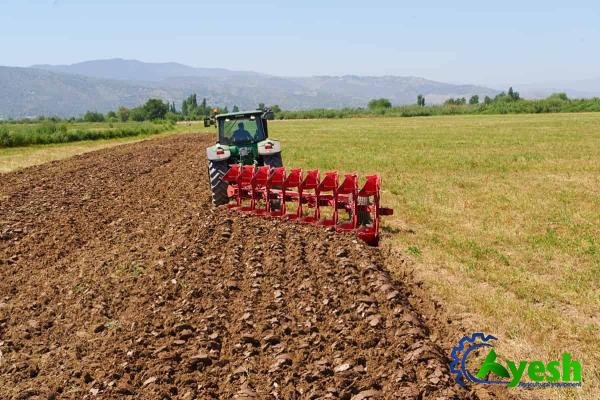
.
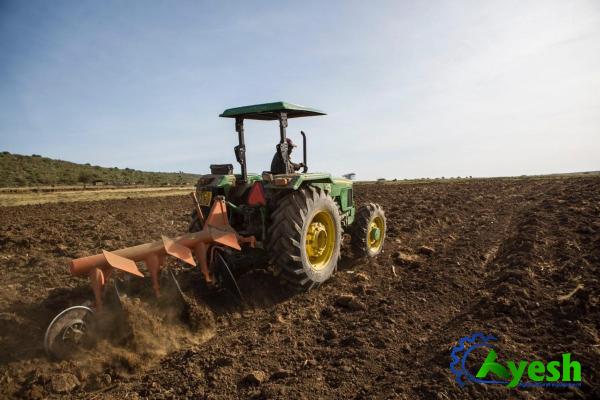 The chisel’s robust construction and sharp, pointed blades effectively penetrate the soil, breaking up compacted layers and improving soil structure. 2. Improved Soil Health: Compact soil restricts root growth, leading to suboptimal crop yields. Farm chisels address this issue by loosening the soil, reducing compaction, and enhancing soil aeration. By loosening tight soil layers, farmers can improve water infiltration and drainage, providing better conditions for root development. Additionally, enhanced soil aeration helps beneficial soil organisms thrive, promoting nutrient cycling and improving overall soil health. 3. Weed Control and Residue Management: Farm chisels are especially effective in controlling weeds and managing crop residue. The sharp blades can cut through weeds, uprooting them and effectively reducing weed competition. With minimal soil disturbance during operation, farm chisels also minimize the exposure of weed seeds to light and air, reducing weed germination rates.
The chisel’s robust construction and sharp, pointed blades effectively penetrate the soil, breaking up compacted layers and improving soil structure. 2. Improved Soil Health: Compact soil restricts root growth, leading to suboptimal crop yields. Farm chisels address this issue by loosening the soil, reducing compaction, and enhancing soil aeration. By loosening tight soil layers, farmers can improve water infiltration and drainage, providing better conditions for root development. Additionally, enhanced soil aeration helps beneficial soil organisms thrive, promoting nutrient cycling and improving overall soil health. 3. Weed Control and Residue Management: Farm chisels are especially effective in controlling weeds and managing crop residue. The sharp blades can cut through weeds, uprooting them and effectively reducing weed competition. With minimal soil disturbance during operation, farm chisels also minimize the exposure of weed seeds to light and air, reducing weed germination rates.
..
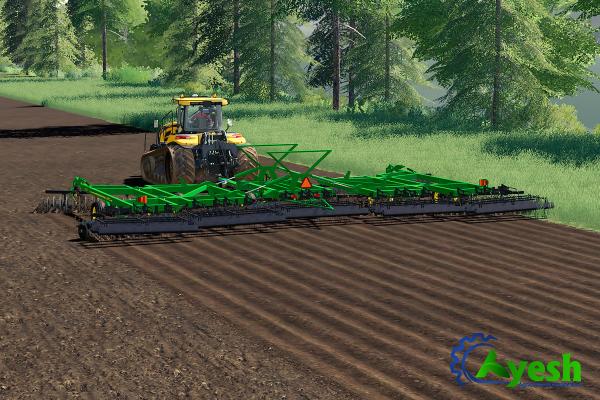 Additionally, the implement can effectively manage crop residue by burying it beneath the soil surface, facilitating the decomposition process and reducing pest and disease pressures. 4. Conservation Tillage: In the pursuit of sustainable agriculture, conservation tillage practices have gained significant attention. Farm chisels play a crucial role in conservation tillage systems by reducing the need for deep plowing and minimizing soil disturbance. The reduced tillage approach helps retain moisture in the soil, prevent erosion, and preserve organic matter. Furthermore, conservation tillage systems contribute to carbon sequestration, benefiting the environment and reducing greenhouse gas emissions. 5. Increased Farm Efficiency: Farm chisels enable farmers to accomplish multiple tasks simultaneously, which is especially advantageous in today’s fast-paced agricultural industry.
Additionally, the implement can effectively manage crop residue by burying it beneath the soil surface, facilitating the decomposition process and reducing pest and disease pressures. 4. Conservation Tillage: In the pursuit of sustainable agriculture, conservation tillage practices have gained significant attention. Farm chisels play a crucial role in conservation tillage systems by reducing the need for deep plowing and minimizing soil disturbance. The reduced tillage approach helps retain moisture in the soil, prevent erosion, and preserve organic matter. Furthermore, conservation tillage systems contribute to carbon sequestration, benefiting the environment and reducing greenhouse gas emissions. 5. Increased Farm Efficiency: Farm chisels enable farmers to accomplish multiple tasks simultaneously, which is especially advantageous in today’s fast-paced agricultural industry.
…
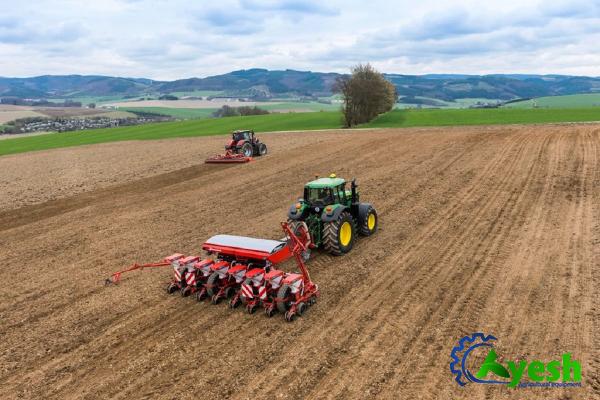 By combining tillage, residue management, and weed control in a single pass, farmers can save time and reduce the number of field operations. This improved efficiency not only increases productivity but also reduces fuel consumption, saving costs and minimizing the environmental footprint of farming operations. Conclusion: Farm chisels have become indispensable tools in modern agriculture, contributing to enhanced soil health, weed control, residue management, and conservation tillage practices. Improved farm efficiency and productivity are achieved through their ability to perform multiple tasks in a single operation. Considering the numerous benefits they offer, farm chisels deserve careful consideration by farmers looking to optimize their operations and move towards sustainable agricultural practices.
By combining tillage, residue management, and weed control in a single pass, farmers can save time and reduce the number of field operations. This improved efficiency not only increases productivity but also reduces fuel consumption, saving costs and minimizing the environmental footprint of farming operations. Conclusion: Farm chisels have become indispensable tools in modern agriculture, contributing to enhanced soil health, weed control, residue management, and conservation tillage practices. Improved farm efficiency and productivity are achieved through their ability to perform multiple tasks in a single operation. Considering the numerous benefits they offer, farm chisels deserve careful consideration by farmers looking to optimize their operations and move towards sustainable agricultural practices.
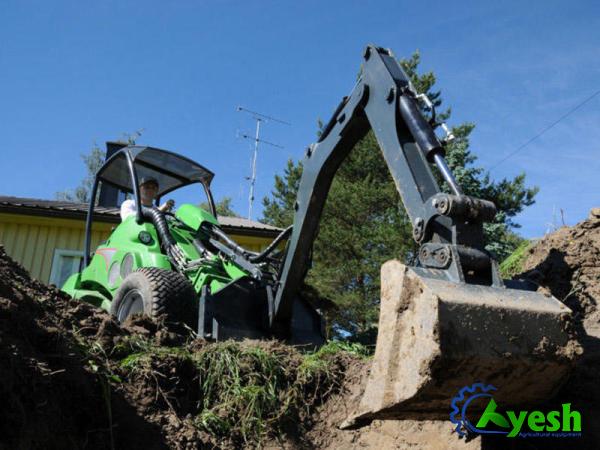
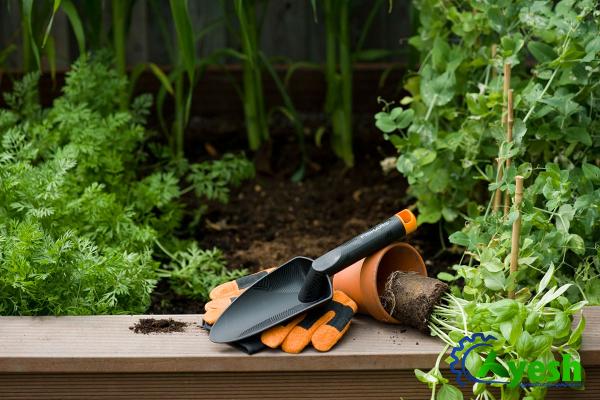
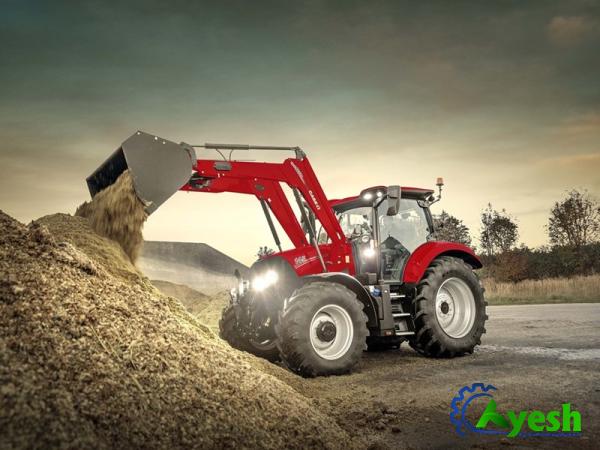
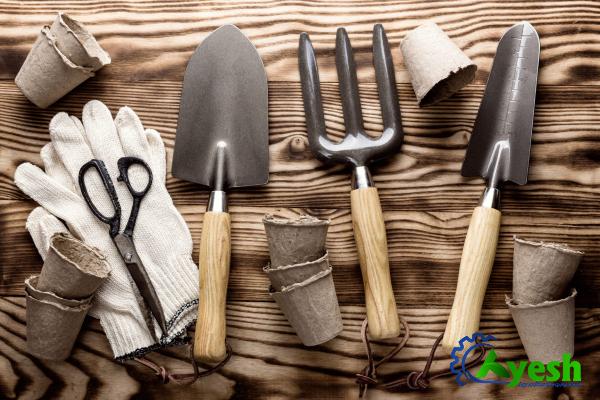
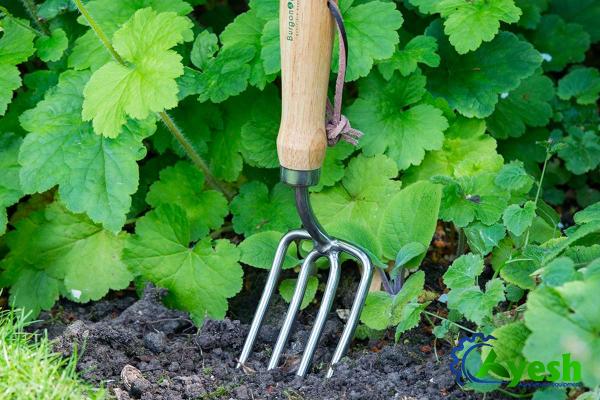

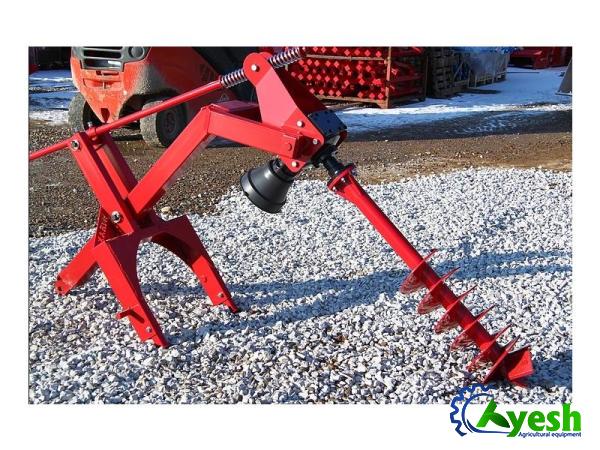
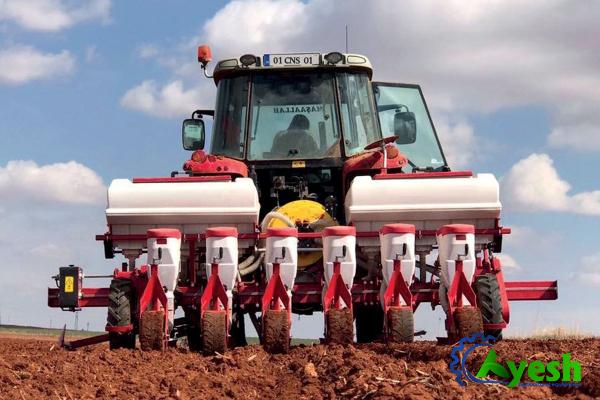
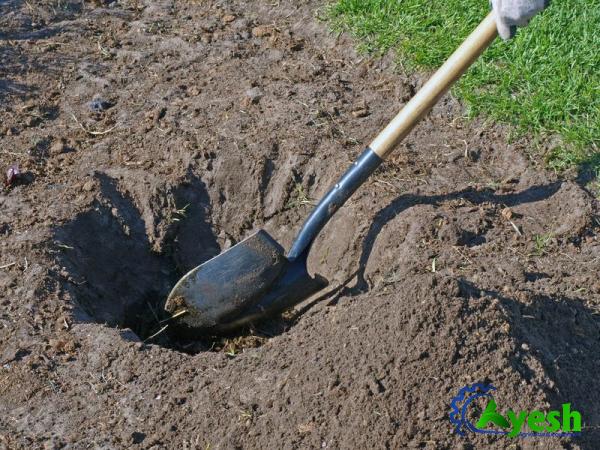
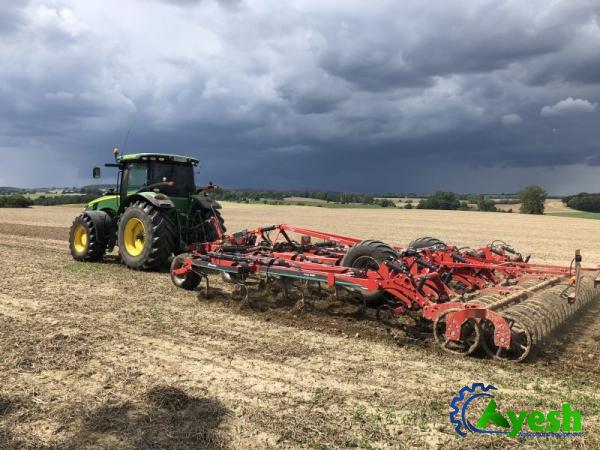
Your comment submitted.